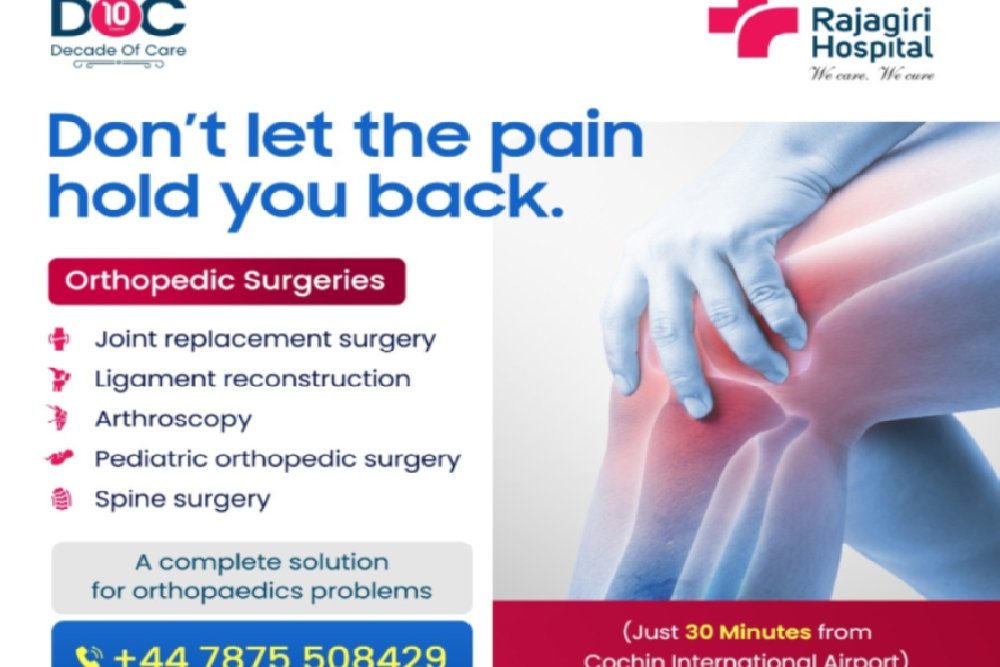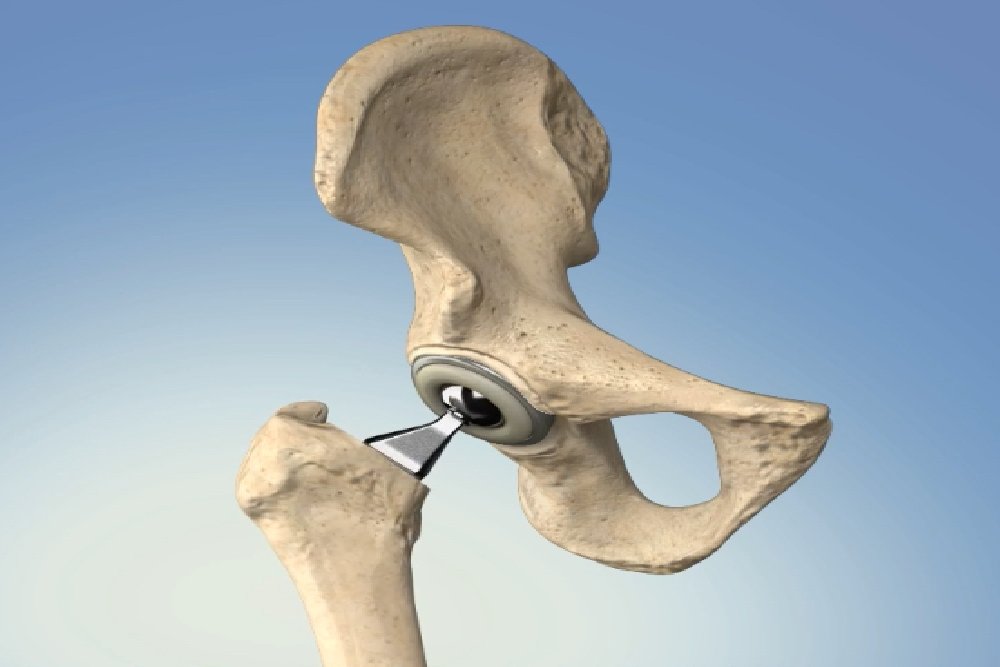
Not long ago, we labelled those with disabilities as ‘invalids.’ Individuals with rheumatic conditions, amputees, and the visually impaired fell under this classification. As people age or engage in physically demanding weight-bearing occupations, such as coal mining—their knees and hips often experience wear and tear. The resulting joint pain severely limits not only the mobility, but also the social life. Now disabled patients move about in wheelchair and walk pain free, thanks to the advent of joint replacement surgery.
Sir John Charnley, an English orthopaedic surgeon, pioneered the hip replacement operation in the 1960s. His groundbreaking technique relieved symptoms of osteoarthritis by removing the femoral head of the hip joint and replacing it with a socket and ball implant made of polythene and steel, anchored with acrylic cement. This procedure has since become the standard for hip replacement worldwide. Since then significant changes were made in the techniques and implant materials used for hip and knee replacement. Hips and knees are replaced most often in joint replacement surgery. Additionally, other joints that can be replaced include the shoulder, fingers, ankles and elbows.
Hip replacements are generally successful, with 90-95% of patients experiencing significant pain relief and improved mobility. Modern implants can last 15-20 years or more. Knee replacements also have a high success rate, with most patients experiencing pain reduction and better function. Longevity of Knee implants typically last 10-20 years

With over four decades in the medical field, my journey has led me to a fulfilling role recruiting patients for Joint Replacement Surgery in India, leveraging my expertise as a seasoned FRCS-certified doctor. I have worked many years in joint replacement surgery and as such I can guide patients for the best result, in a cost-effective way, in hospitals like Rajagiri Hospital, Kochi. India. Unlike the NHS, there is no need to wait, patients can revisit their pain free everyday life within months.
Stephenram
В приложении Telegram появилась новая функция — система звёзд. Они используются для вознаграждения каналов. Любой пользователь имеет возможность передавать звёзды чатам. купить звезды выгодно Звёзды переводятся в финансовое вознаграждение. Это понятный способ оценить труд. Оцените новшество уже немедленно.
05 Sep 2025 07:08:15am
Stephenram
В мессенджере Telegram появилась новая функция — система звёзд. Они служат для вознаграждения каналов. Пользователи вправе отправлять звёзды создателям. купить звезды в telegram Звёзды переводятся в реальные деньги. Это удобный способ оценить труд. Попробуйте функцию уже прямо сейчас.
04 Sep 2025 09:44:36pm
Charlesled
Here you can discover a lot of helpful information. It is created to help you with multiple topics. You will see simple explanations and everyday examples. The content is constantly refreshed to stay relevant. https://comoedia.org It’s a great resource for self-development. Anyone can take advantage of the materials here. Feel free to reading the site today.
03 Sep 2025 06:02:44pm